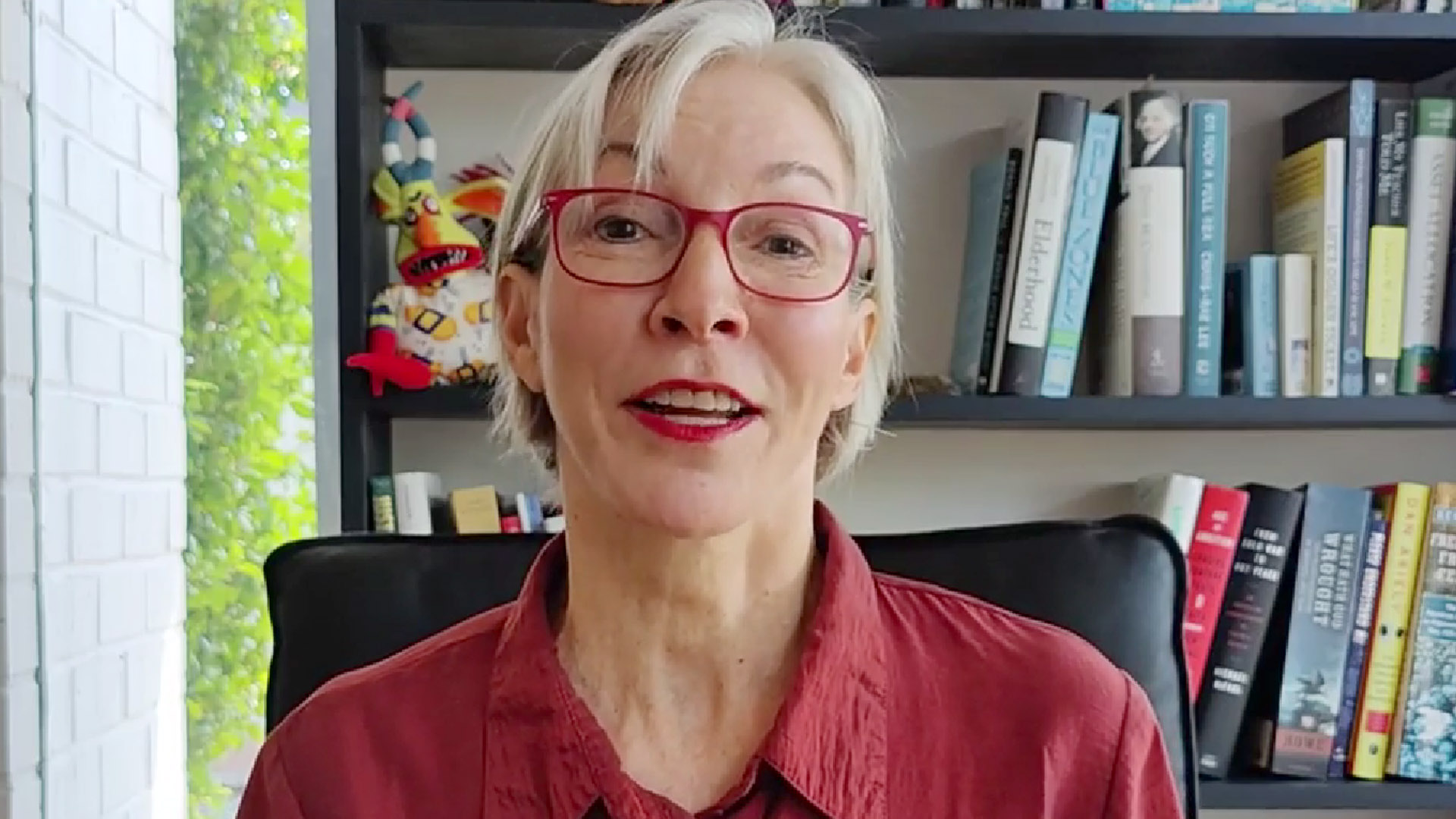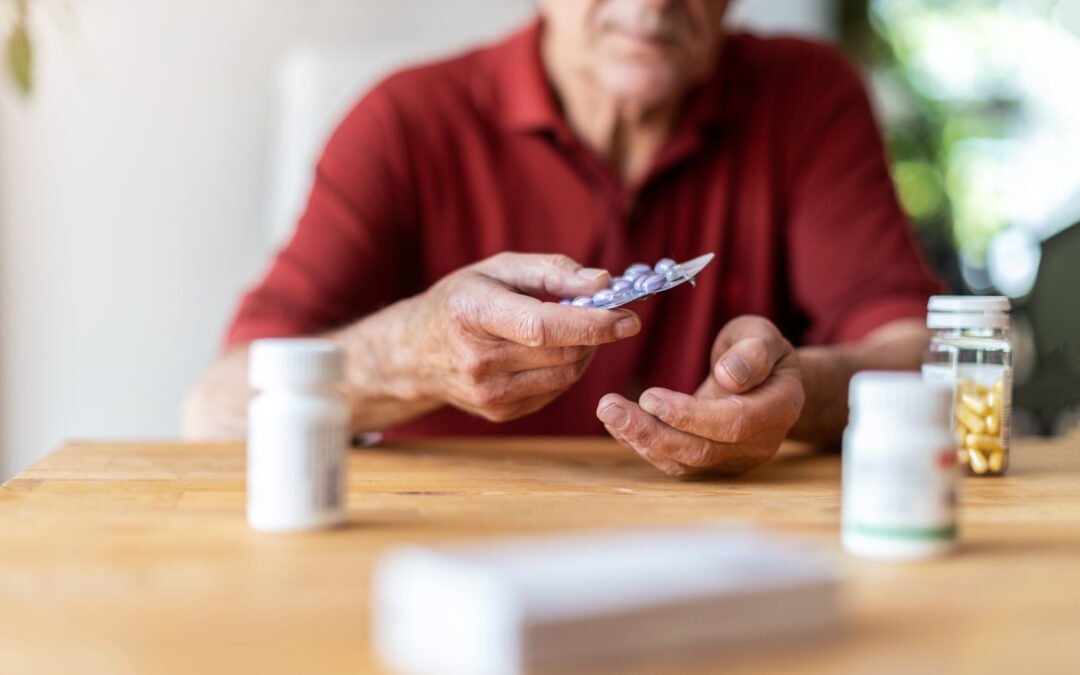Some recent studies show that nearly one out of eight adults in the US is prescribed a sedative (benzodiazepine). These are medications like Valium (Diazepam), Ativan (Lorazepam), Xanax (Alprazolam) and Klonopin (Clonazepam). All of them are addictive, and all of them lose their effectiveness over time. This often necessitates higher doses that can lead to accidents, confusion, irritability, poor sleep and increased risk of dementia. If taken with alcohol, they also increase the risk of respiratory suppression.
The risks of long-term benzodiazepine use are even more pronounced for elders. The American Geriatrics Society has actually added benzos to a list of medications that should be avoided in patients over 65.
As a geriatrician, most of my patients have dementia, and someone less knowledgeable about dementia is often managing their medications. Primary care doctors often don’t realize that there’s a better way. I routinely taper my patients off their benzodiazepines. In fact, I’ve gotten all of my patients off their benzos — even ones who had been taking them for decades. It takes months, but it’s worth it.
In a study advising primary care doctors to address tapering patients off of their meds, out of 504 patients over 65, only 7 patients were tapered off their benzos completely.
That’s only 1.4%. Not great!
The issue here is with culture. What I often see is the expectation that problematic behaviors will get worse when benzodiazepines (especially Ativan) are stopped. It’s true that the withdrawal process does increase agitation and confusion — but not to the same extent that abrupt discontinuation does, which often results in acute delirium and aggression. The withdrawal symptoms can be managed with a little bit of antipsychotic medication if needed, and often resolve in 7-10 days. I haven’t seen a single patient yet that wasn’t significantly calmer and clearer 30 days after stopping all benzos.
In a sense, you could say we have a fear of fear. The lives of our elders will be much richer if we stop drugging them. I don’t think we’d have this same discussion if we were asking whether elders should be drinking shots of vodka every day. The behavioral effects are the same.
If you’d like to reach out to the DLG care team, please don’t hesitate. We’re here for you.

Dr Liz has over 20 years of experience as a geriatrician. She is board-certified in internal medicine, geriatric medicine, and palliative care medicine. Dr Liz founded Dr Liz Geriatrics to address the challenging medical and behavioral issues often facing older patients and their families.


